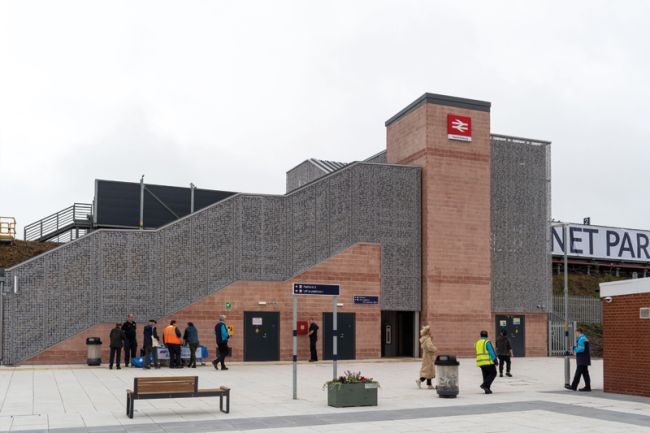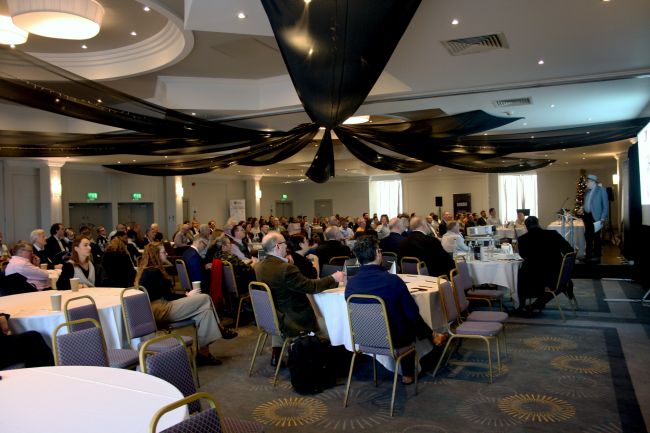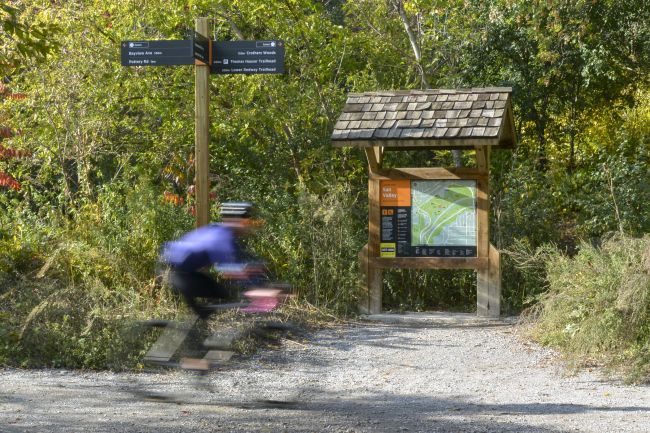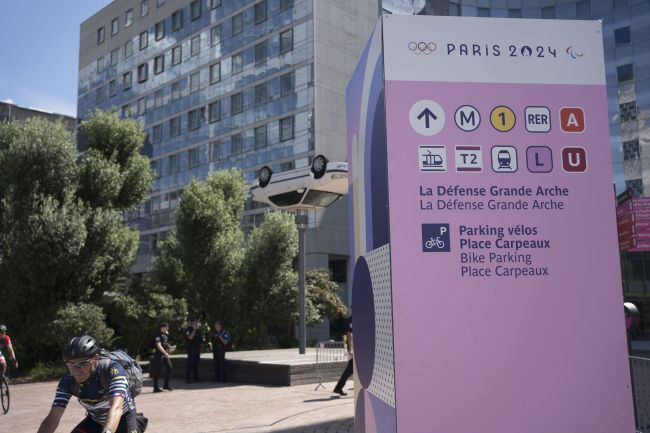Italy takes a step towards accelerating the spread of sustainable mobility
We recently had the pleasure of speaking to Roberta Frisoni, Councillor of Urban Planning and Transport in the Municipality of Rimini, Italy.

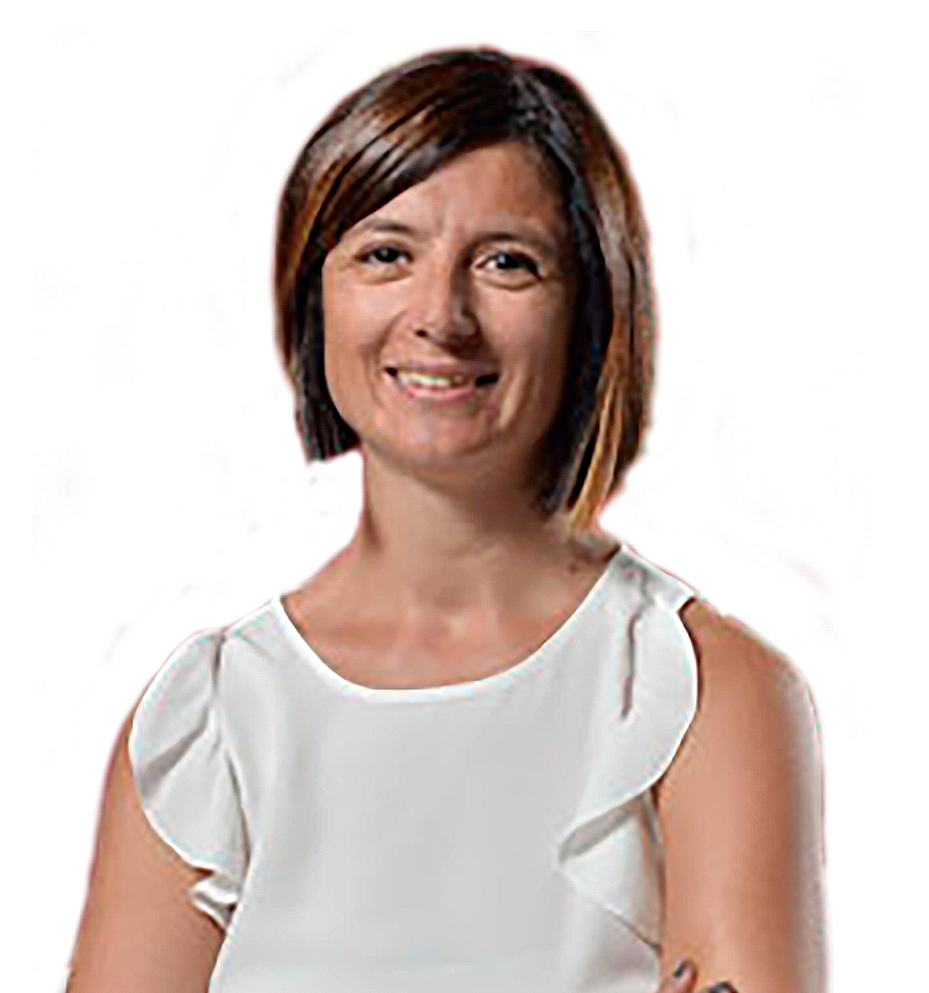 We recently had the pleasure of speaking to Roberta Frisoni, Councillor of Urban Planning and Transport in the Municipality of Rimini, Italy (and a former Steer colleague). Roberta shared with us the massive impact the pandemic has had on tourism, the challenges of a rapidly changing environment and what the future of urban planning and micromobility looks like, particularly in a city like Rimini.
We recently had the pleasure of speaking to Roberta Frisoni, Councillor of Urban Planning and Transport in the Municipality of Rimini, Italy (and a former Steer colleague). Roberta shared with us the massive impact the pandemic has had on tourism, the challenges of a rapidly changing environment and what the future of urban planning and micromobility looks like, particularly in a city like Rimini.
Roberta, an expert in transport economics, regulation and policy, was appointed as Councillor in charge of Urban Planning and Transport in the Municipality of Rimini, a city that is taking forward a major regeneration process to enhance its position as a key tourist destination. Prior to this role, Roberta worked for Steer, where she was heavily immersed in key impact assessments for the European Commission and projects for the European Parliament. Having been in her role for over five years, making a positive change and innovating in the city she was born in still comes as a big (but pleasant) surprise to her. “Bringing change is not just a pipe dream; it’s now a reality. People have been waiting for innovation in the city, and the current Mayor has brought forward a real vision of change that I’m eager to be a part of. While these changes will be momentous and affect every aspect of our lives, Rimini is happy to be joining the sustainable mobility revolution.”
Ranking within the Top 10 for micromobility and e-scooter uses, Rimini welcomes over 12 million visitors per year over the Spring and Summer months but is equally tranquil during the Winter. With the drastic difference in visitors over the year, it is a challenge to arrange and organise efficient urban planning and mobility. Roberta rightly points out that while it’s in their DNA to cope with these changes, it was the first city in Italy to test e-scooters three years ago, so it’s definitely possible. The key indicators behind the city’s success in championing micromobility are:
- Good cycling infrastructure: a key point to making micro-mobility attractive
- Flat orography
- Good weather
- A relatively small city (you can reasonably travel through the city on a bike).
“The Italian law enabled cities to test e-scooters during the Summer, and they worked hard to take this opportunity to acquire micro-mobility operators. They regulated the market (e.g. parking), selected two operators (currently still operating in Rimini) and looked at European best practices. While they were anxious to be the first city to test an e-scooter scheme (in principle, it could be bad for tourists and more broadly for clients), it was crucial to regulate the scheme locally, and operators were proactive in addressing issues. Collectively, all these factors combined with the city’s features and good cooperation with operators made it work,” Roberta discloses.
Impact of the pandemic on tourism
The pandemic crisis has crystallized the importance of tourism as a development pathway for many countries like Rimini so, inevitably, last year had a massive impact on the whole tourism industry, specifically business tourism. The closure of the exhibition fair business also heavily impacted the local economy. “Rimini had already invested in innovating their touristic offer, creating a new pedestrian area along the 15km coast and the sea wellness park, which is a major project. It includes green areas, cycling paths, pedestrian areas, and playgrounds instead of streets and car parking. This city transformation project had commenced prior COVID-19 and is even more necessary today to provide an open-air development path,” Roberta emphasises.
Simultaneously the city is undergoing an investment project in the historic centre, creating new squares (opening in Summer) and museums such as the Federico Fellini museum. More focus is being injected into projects that began before the pandemic in a plea to attract international tourists when possible.
The Next Generation EU and National Plan for Recovery and Resilience (PNRR)
The Next Generation EU will actively support the recovery and regeneration of the urban communities and is a big opportunity for Italy. Roberta says, “we need to be brave and take forward projects that otherwise would not be delivered. In the case of Rimini, we will go ahead with investing in numerous projects: the sea wellness park project is an example; it does not only aim to create an environment to soak in the seaside but to also increase population health. We are working with hospitals to provide open air gyms: working with doctors and procuring tech devices to monitor population health and leveraging activities (walking or gym) to prevent illness. This is not only innovating Rimini’s touristic destination but will also help citizens (and tourists) be more health-conscious.”
The Recovery Plan has a risk on timing. The Italian Government is trying to simplify the rules as follows:
- Reducing time of procedures to distribute funds from the State to local authorities. There is a discussion at governmental level on this topic as to whether it’s easier to assign a budget to local authorities and take these projects forward based on agreed goals and objectives.
- Once the local authority receives funding, procurement challenges arise. There is a need to ease procurement procedures to avoid failures in using funds due to procurement timing (transparency is necessary, but it cannot take an additional two years to procure).
Challenges that come with a rapidly changing environment
Roberta admits that her biggest challenge is the need for flexibility in everything you do, from planning, designing infrastructures and services. Discussing flexibility is difficult for a public authority, especially in a country like Italy, where there are many regulations and laws which do not support flexibility projects easily.
“Local authorities need to adapt. The pandemic is a prime example whereby it was essential to acknowledge streets and provide spaces to bars and restaurants. If the street is designed to accommodate such a rapid change, then this change becomes feasible (such as converting parking spaces to areas with tables),” Roberta highlights.
The same approach is needed for the services sector: convincing and attracting citizens to restore their faith in public transport by offering a new means of advanced technology and on-demand services. Political affairs equally pose a challenge in itself, with the elections running every five years, meaning a longer time is required to change people’s mindset and habits. The strategic plan will support the local authority with a long term view to engage citizens to an adapted, liveable city post-COVID.
Resilience and the future
If these simplified recovery plans are to be the basis for a community’s future, we were interested to learn Roberta’s view on the resilience of the urban environment. “This is a tough question because every city has its own answer. In Rimini, resilience derives from being able to quickly adapt to changes that occur and the ability to forecast future trends to cope with environmental challenges. I firmly believe the city has the capacity to bounce back and deliver a competitive offer for future travellers.”


